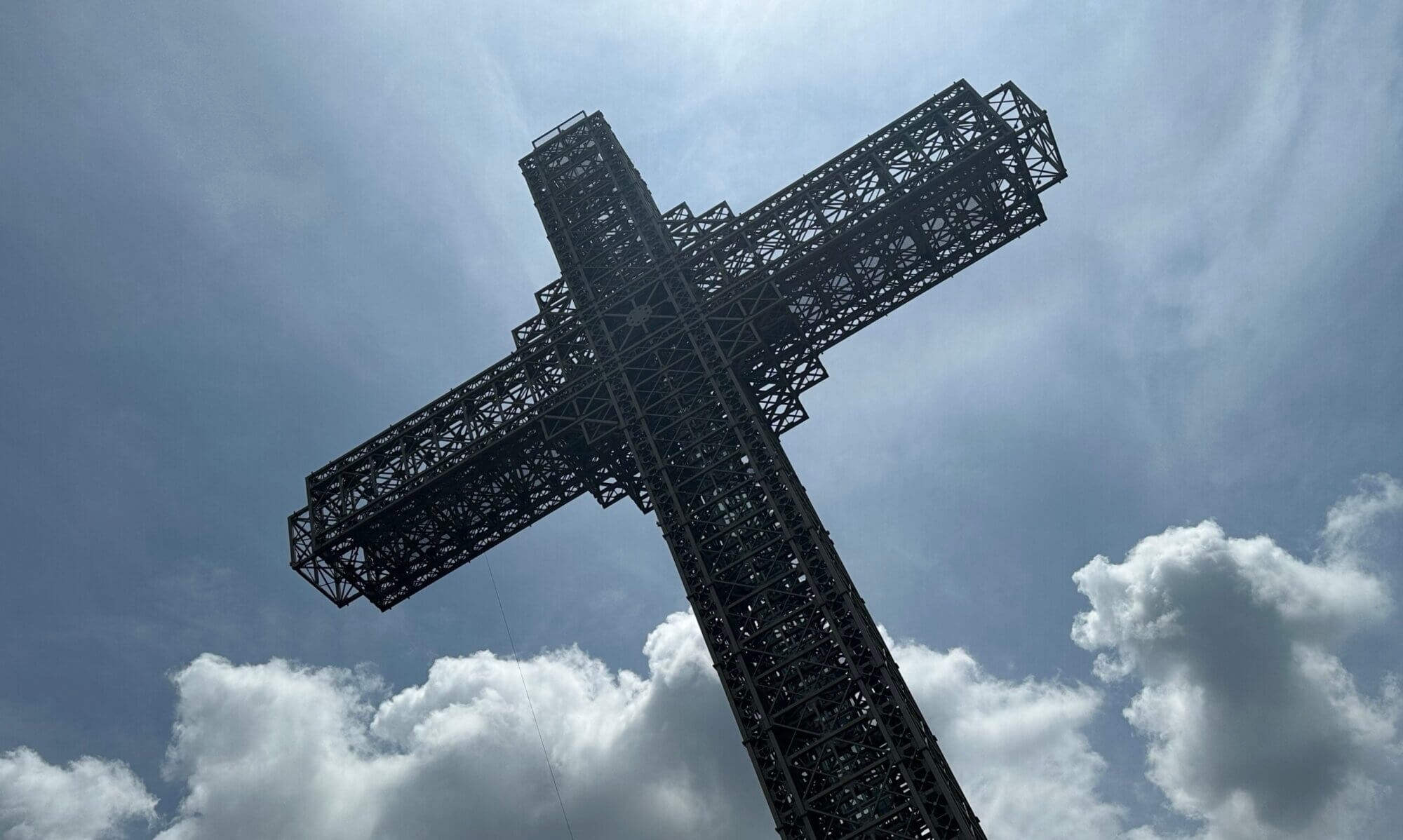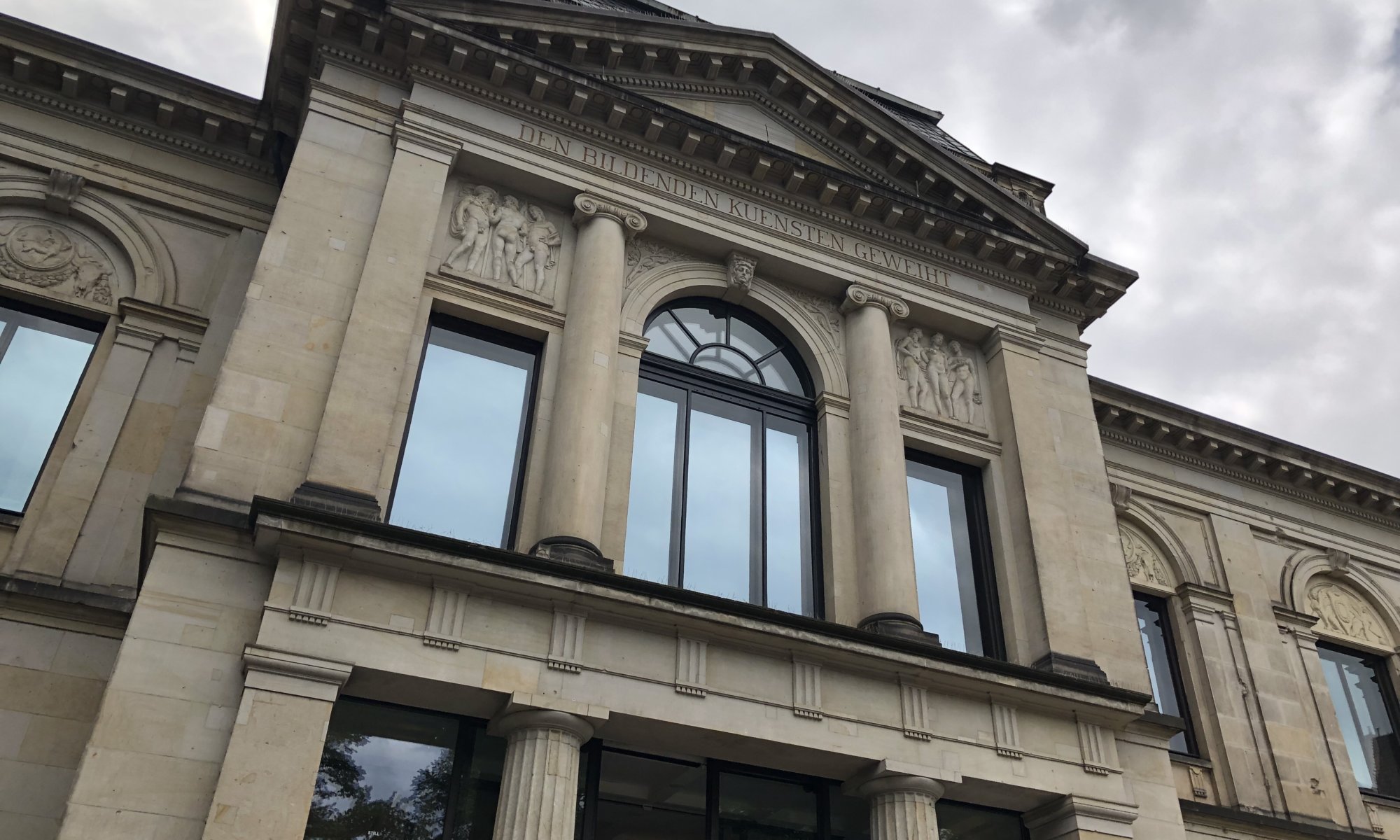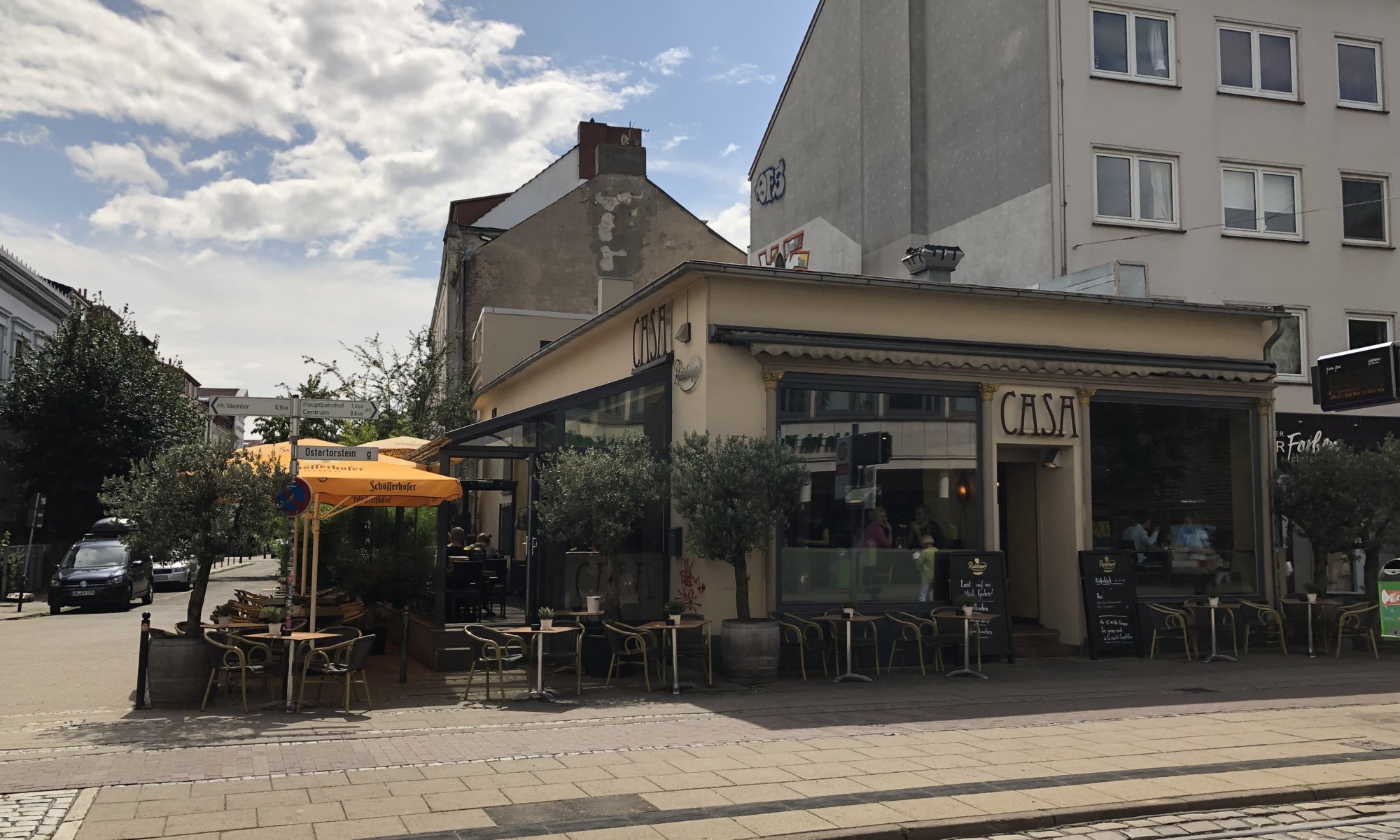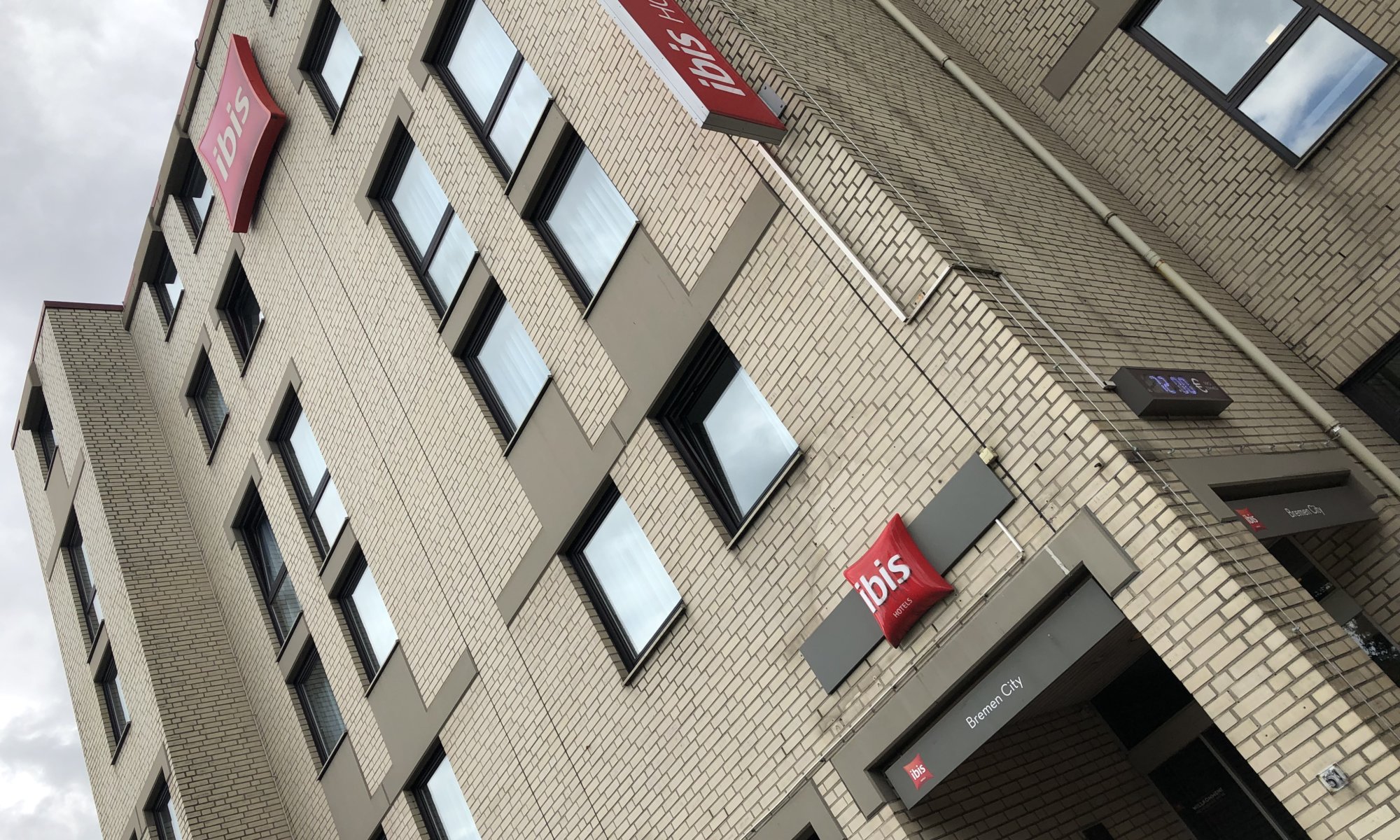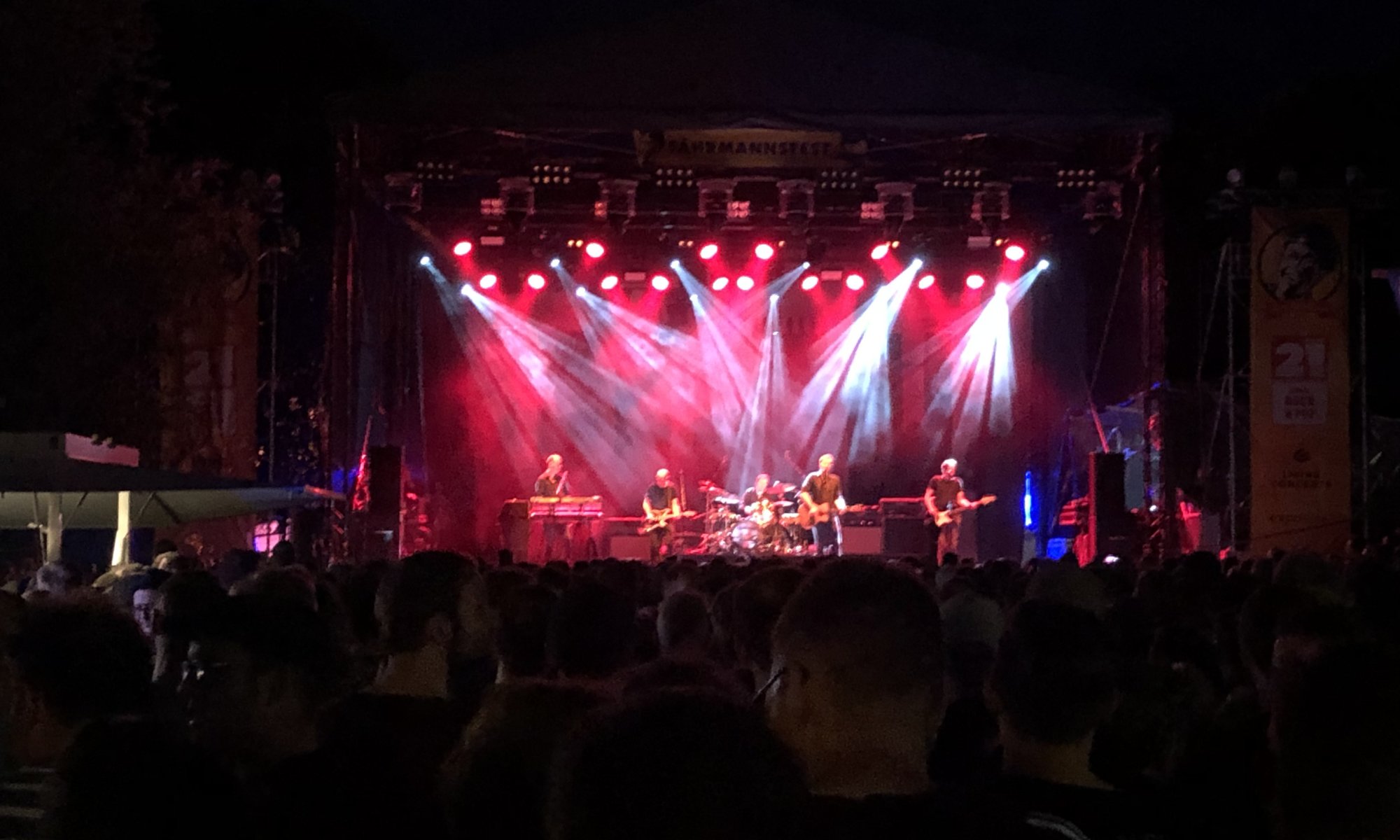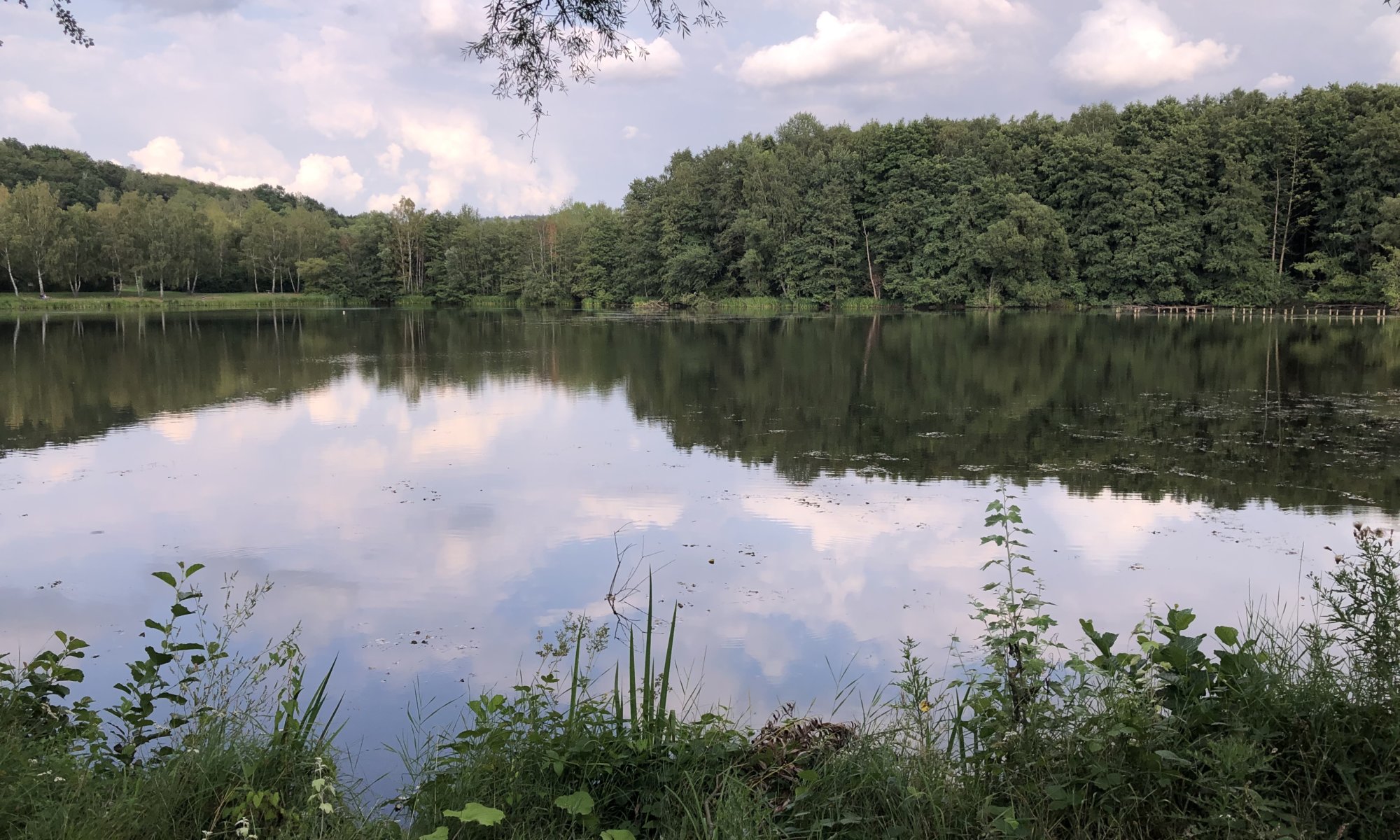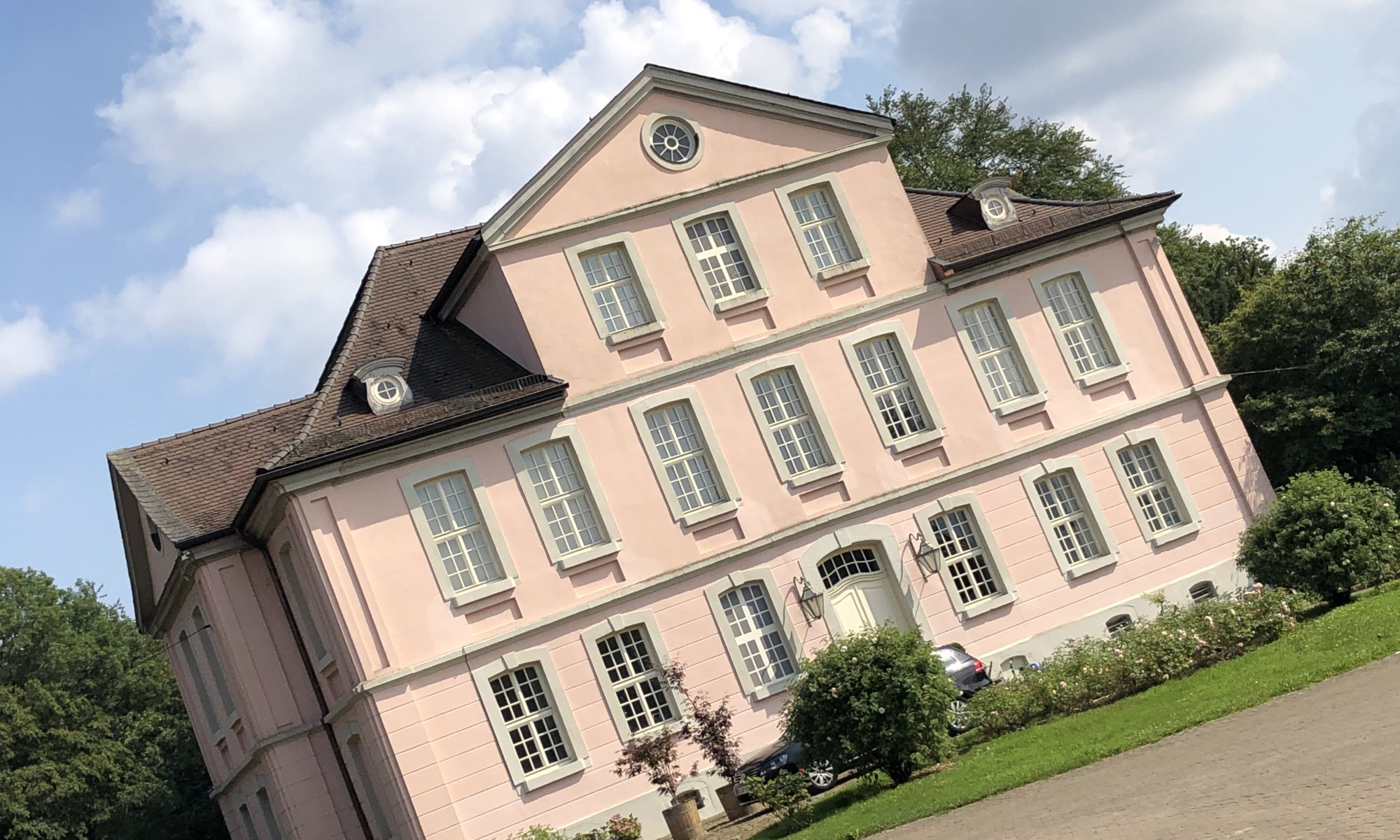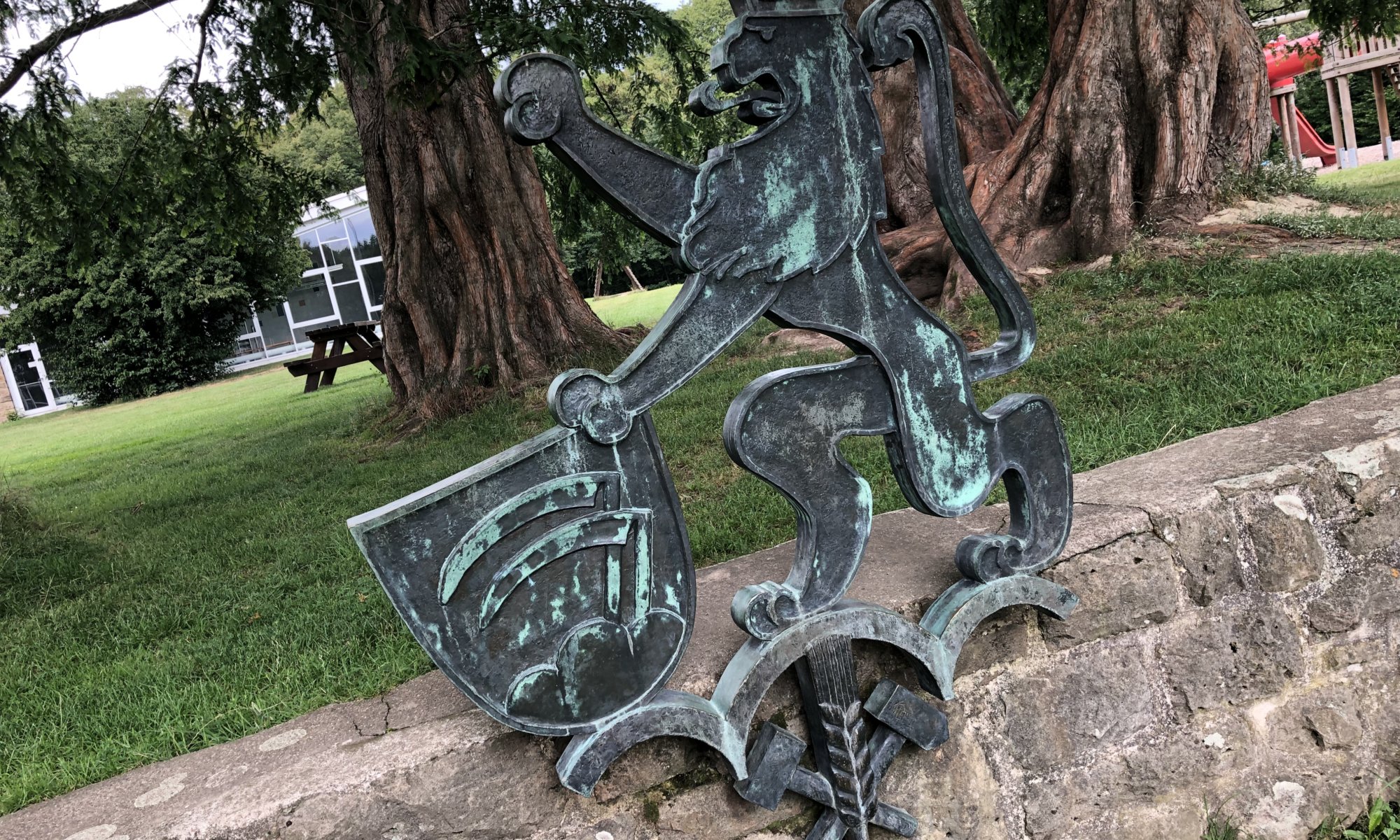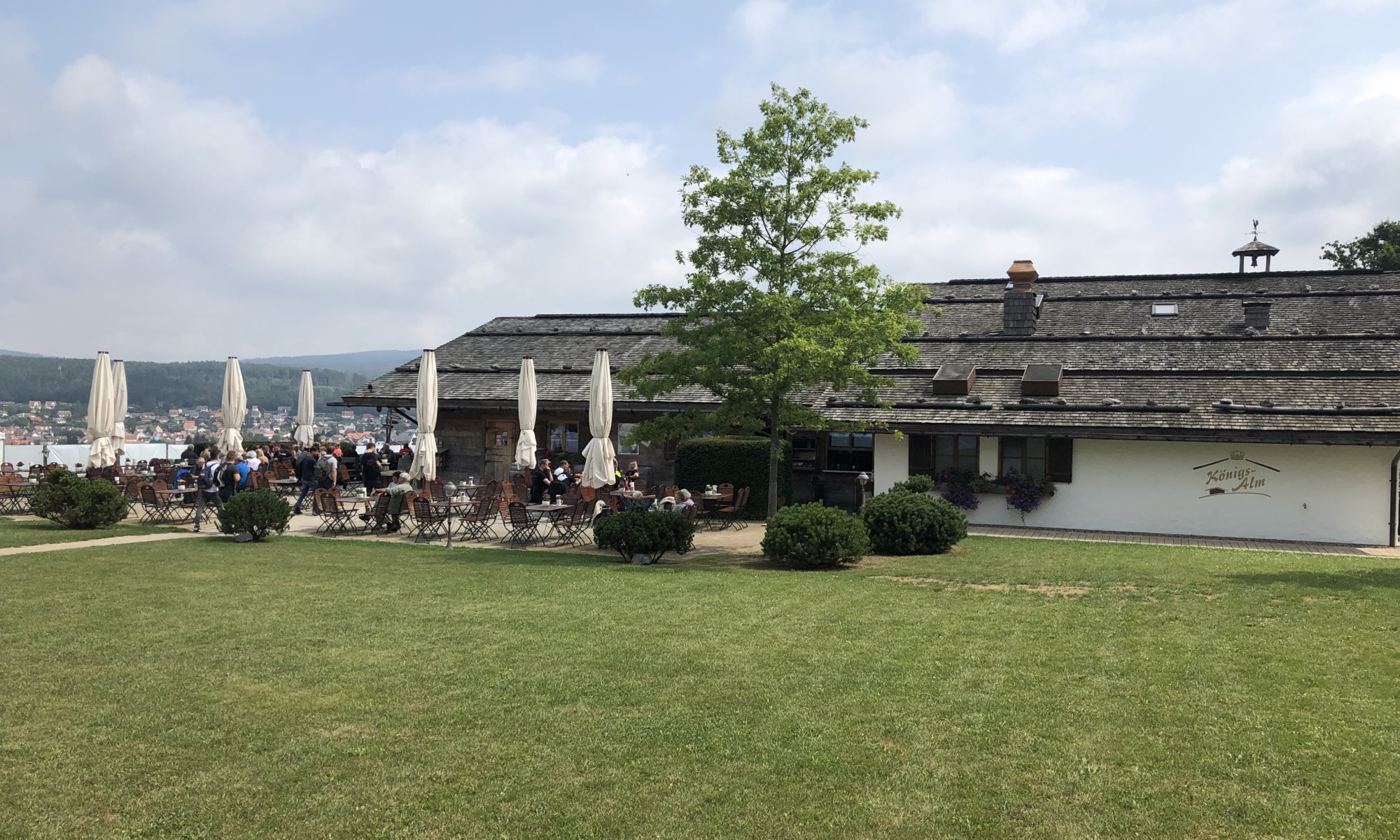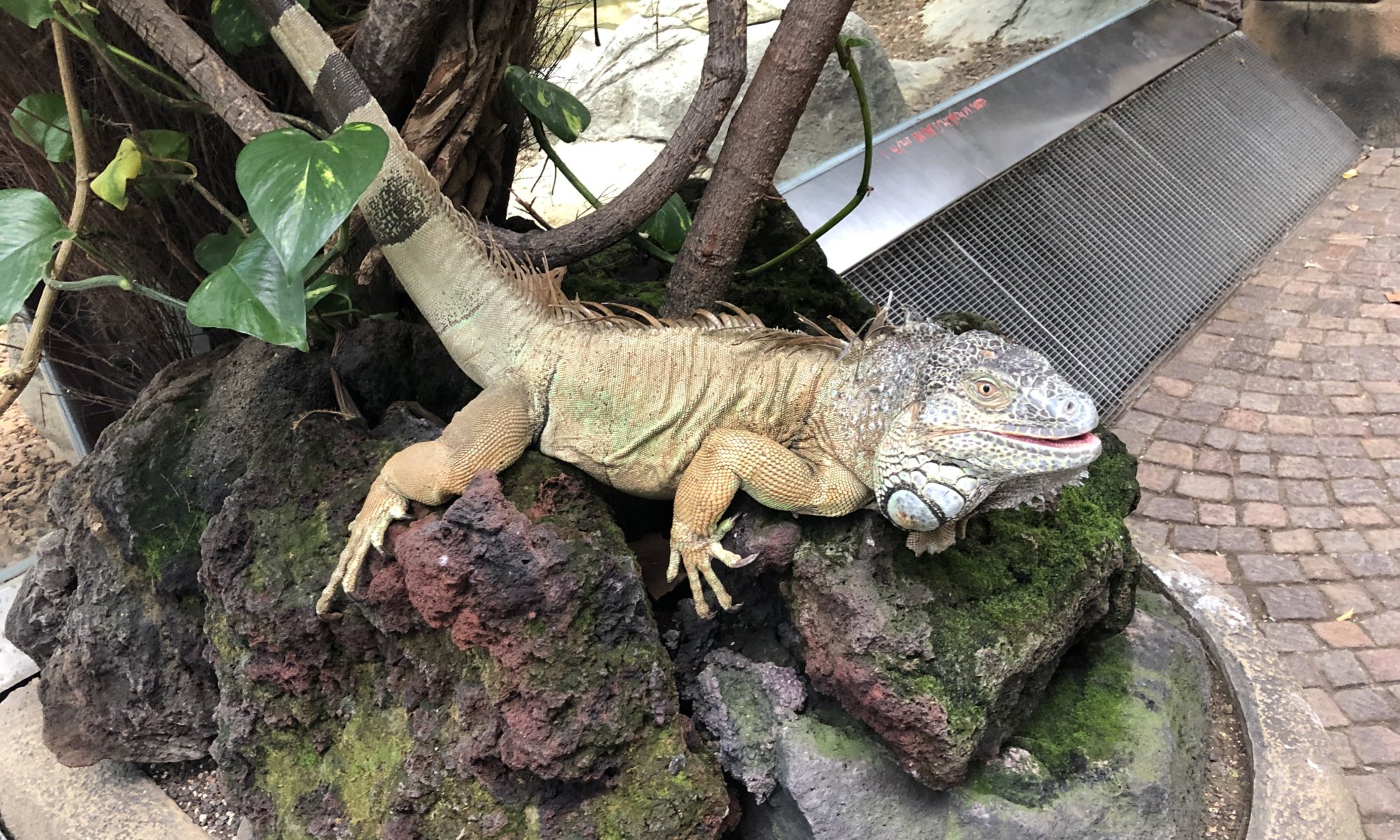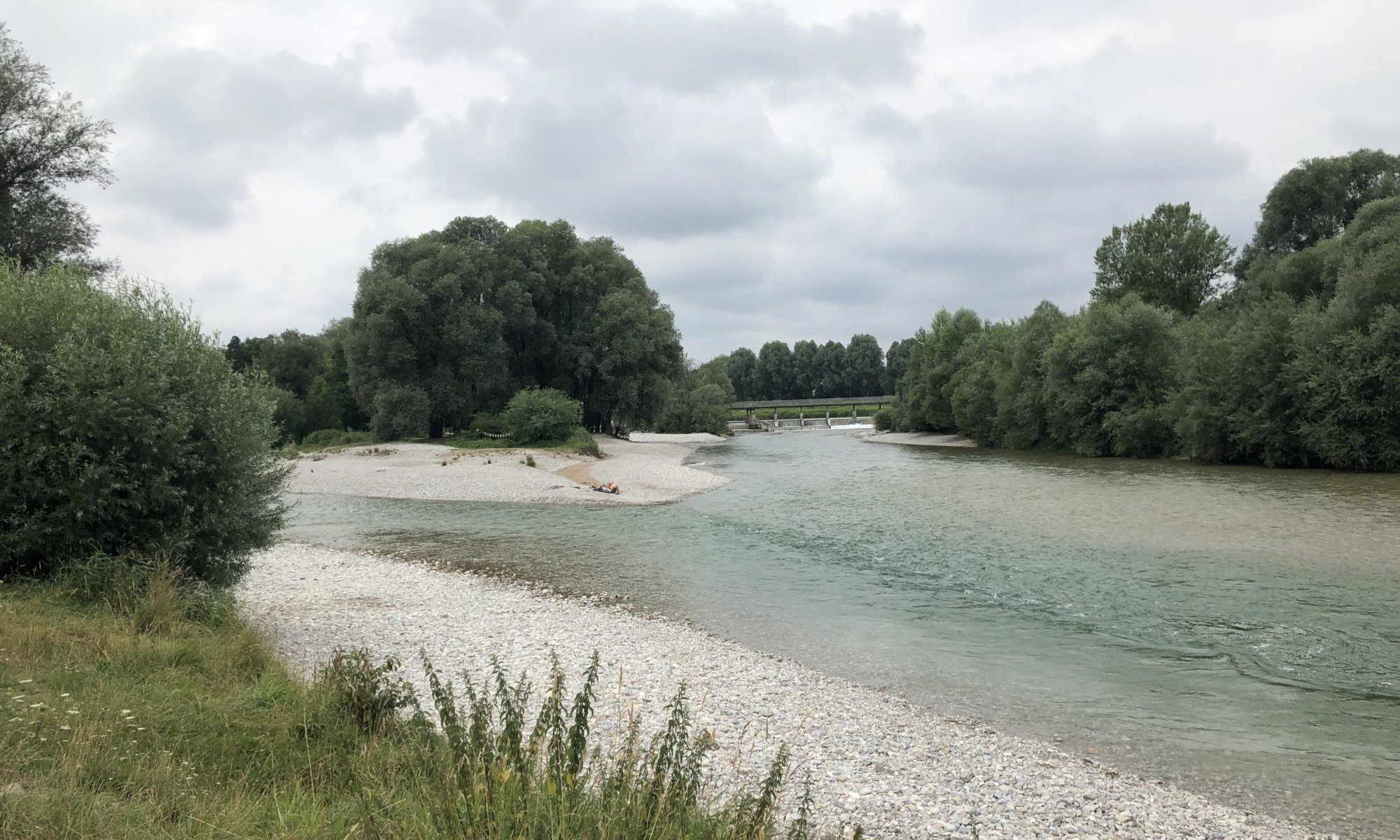The Kunsthalle Bremen is an art museum next to the city center of Bremen, Germany. It is located between the northern end of the Osterdeich along river Weser and the Stadtgraben (the water next to the former city fortifications). From the museum it is a very short walk to the main market place. The art collection dates back to the year 1823, the current building was created in 1849.
Continue reading “Kunsthalle”Casa
A nice mediterranean restaurant and coffee bar in the perfect location: the Casa can be found at the northern entry to the Viertel, one of the best city quarters of Bremen, Germany with many bars and restaurants. They offer breakfast, tapas, pizza, pasta – but also salads, soups and vegetarian options. In addition to the seats inside you can also find some nice places outside around the restaurant.
Continue reading “Casa”Good location
If you’re standing in front of the ibis hotel at Bremen, Germany you might wonder if this is really a ‘good location’: it is located at the Rembertiring and a giant roundabout. But it is a good place if you want to visit the city – the railway station is less then 10 minutes on foot, the city center is close-by and it is next to the Viertel. You can even walk to the Weserstadion within 25 minutes, it is just two kilometers away.
Continue reading “Good location”Fährmannsfest
The Fährmannsfest at Hannover, Germany is one of these music festivals that evolved over time and became bigger and bigger. Founded in 1983 it was first a free open air concert with local bands financed by selling food and drinks. Today even some well-known bands play here in front of up to 10.000 visitors and for two of the three days of the festival you now have to buy a ticket.
Continue reading “Fährmannsfest”Steinertsee
When you’re standing next to the Steinertsee at Kaufungen, Germany you won’t directly notice that it is an artificial lake and you can’t image what happened here in the past. Between 1955 and 1967 brown coal was taken from the earth of the Steinertfeld. Between 1960 and 1968 this place was additionally used as a waste dump – but from 1971 on things changed and a large recreation area (the Steinertseepark) was created.
Continue reading “Steinertsee”Gut Windhausen
The Gut Windhausen at Niestetal, Germany is a hidden gem that already has seen better days. A village at this location was mentioned first in 1241, the ownership changed over time. The best times began when Maria Anna Amalia of Courland, the wife of Charles I, landgrave of Hesse-Kassel bought the area and general Martin Ernst von Schlieffen moved in. A manor house in baroque style was built here by his request from 1769 on.
Continue reading “Gut Windhausen”Sensenstein
Once upon a time the region between Nieste and Staufenberg, Germany was the borderland between the Electorate of Hesse and the Duchy of Brunswick-Lüneburg (that is also the reason why today you can find here the border between Lower Saxony and Hesse). In 1372 Hermann II, landgrave of Hesse errected a castle here – the Sensenstein as a response to the older castle Sichelnstein on Brunswick territory.
Continue reading “Sensenstein”Königsalm
It could be the Bavarian embassy in Hesse: the Königsalm at Nieste, Germany. Green meadows, good views onto the little town, two large alpine cabins with a large outdoor area. It is a place many hikers, bikers and cyclists get to. The friendly team serves Schweinsbraten, Grillhaxen, Leberkäse, Obatzter and Weißwürstchen to give you the feeling of being at Bavaria – but afterwards you need to do some sports to burn calories.
Continue reading “Königsalm”Hellabrunn
The Münchner Tierpark Hellabrunn is the zoological garden of München, Germany. It was opened in 1911 and you can visit 18500 animals of more than 700 species. It is located at Giesing-Harlaching close to the wetlands of the river Isar, the Flauchersteg and the Flaucher. It is financed by the city of München as well as many private donors and participates in 38 wildlife conservation programs.
Continue reading “Hellabrunn”Flaucher
The Flaucher is a section of the river Isar close to the city center of München, Germany and the Tierpark Hellabrunn. There the river spreads into different arms creating various river islands. It is an area that is used for recreation, for swimming and to have barbecues. In summer it gets pretty crowded but if you’re lucky you can find your own semi-private section here between trees.
Continue reading “Flaucher”